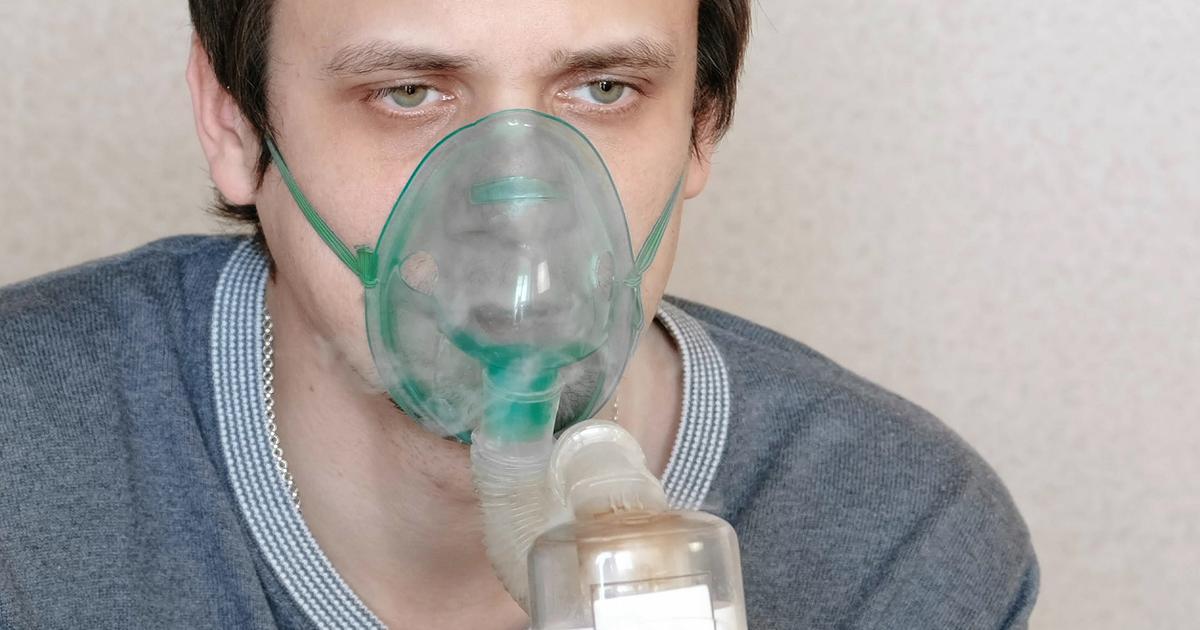What Is A Nebulizer?
A nebulizer is a breathing therapy that's sometimes prescribed as a treatment for asthma. This device can deliver the same asthma medications found in metered-dose inhalers (MDIs). These are pocket-sized inhalers most individuals are familiar with. Some might find nebulizers easier to use than traditional inhalers, particularly children who can't use proper inhalers yet or adults whose asthma is particularly severe. Nebulizers have liquid medicine dispensed into them, which is then converted into a mist that's inhaled. The device can be battery operated or electric and plugged into the wall. Patients also have the option of a portable size or a larger size meant to plug into the wall and sit on a counter or table.
Nebulizers For Asthma

Nebulizers are used to help treat asthma by dispensing the same medications that come from a traditional inhaler design. However, they're operated through battery or electric power, and they can be easier to operate for children and adults suffering a severe shortage of breath. The mechanism works by using pressurized air to turn a liquid medication dosage into a fine mist, which can then be inhaled. One of the problems with traditional inhalers is that inhaling a pocket inhaler's spray can be difficult, particularly for kids and severe asthmatics. The mist is easier to absorb when an individual can't take a deep breath. Some nebulizers, called rescue inhalers, deliver short-acting asthma medication to the recipient, which is meant to be used on an as-needed basis during asthma attacks. Other nebulizers are used on a long term basis as a long-acting asthma control medicine. These dosages are typically taken at the same time each day to help reduce the number and severity of asthma attacks. Some medications in nebulizers include formoterol, budesonide, ipratropium, and albuterol.
Other Uses For A Nebulizer

As discussed, a nebulizer is a medical device used to deliver inhaled medication in mist form. As such, it's designed for individuals with respiratory conditions that make taking deep breaths difficult. Asthma is the most common condition a nebulizer is prescribed for, but doctors may also prescribe one for patients with cystic fibrosis, chronic obstructive pulmonary disease, and bronchiectasis. Doctors might also prescribe nebulizers temporarily for children recovering from respiratory infections causing narrowing of the airways. Chronic obstructive pulmonary disease is an ongoing lung disease in which inflammation leads to obstructed air flowing out of the lungs. Patients develop chronic obstructive pulmonary disease because of being exposed long-term to toxic particulates and gases that irritated the respiratory system, leading to a chronic inflammatory response. Most of the time, this is related to smoking, but individuals in jobs like coal mining might also develop it. Cystic fibrosis is genetic and causes the lungs to become progressively more clogged by mucus. Cystic fibrosis has the potential to be fatal, and often is without a lung transplant.
